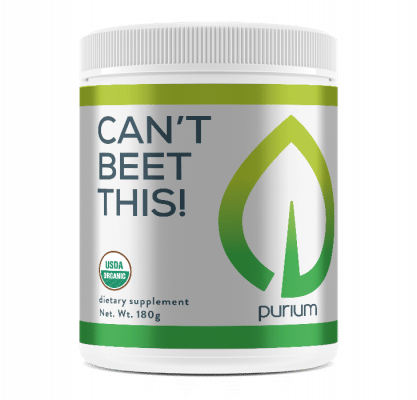Scientists and health experts have researched the impact of fiber in one’s diet as it relates to preventing heart disease. Studies in Africa, Uganda in particular, note that almost no one there suffers from heart disease. Once people there live past middle age, they have very high chances of not getting heart disease. The sole coronary heart disease case in twenty six years in East Africa was from a patient who had a partially Westernized diet which lacked fiber. With Westernized diets (defined by the author as high in meat, eggs, and dairy, while low in plant based foods) becoming more prevalent in the world, coronary heart disease has gone from almost nothing to an epidemic on a global level.
The debate around fiber and its push as a panacea for all health problems started in the 1970’s. What was overlooked was the quality of the food that delivered the fiber. Highly processed foods that are high in fiber are likely to cause more damage than good, undoing the purpose of consuming them.
We end with a question, what if the focus had been on promoting plant based whole foods versus isolating a food component?
Fiber is but one component of a healthy diet, along with vegetables, fruits, nuts, etc. The concept of picking up fiber supplements to counteract poor eating habits is questioned, leaving the reader to wonder, what if?
Throw out your figs. Or not because figs are delicious. But maybe the fiber isn’t as big of a deal. #HealthStatus
Follow HealthStatus
Tweet Now
Key Points:
- 1Ugandans eating a traditional diet, which contains almost eighty grams of fiber per day, generally experience no heart disease.
- 2This suggests that Westerners could benefit from a giant uptake in fiber consumption.
- 3So few Ugandans experienced heart disease that it was an event when one judge experienced coronary heart disease, a condition likely caused by adapting a Western-style diet.
See the original at: https://nutritionfacts.org/2018/05/15/were-we-wrong-about-fiber/

Packed with phytonutrients (“phyto” being the Greek word for plants), vitamins and minerals, beets provide support to many systems of the body from digestion to energy levels.
- Bodies convert the nitrates found in beets to nitric oxide, which helps improve oxygenation levels in the blood and overall circulation.
- The antioxidants and fiber act like natural cleansing agents, helping with the detoxification of toxins and heavy metals in the blood and giving the digestive tract a gentle flush to support a healthy elimination process.
- Consuming whole foods like beets is an excellent way to reduce the immune system from triggering ongoing harmful levels of high inflammation.
- Healthy blood pressure, stamina, and detox are just a few of the immune boosting benefits of beets. According to a study done on beetroot juice.
- Beets may stimulate cell production, which can protect your skin from premature aging and wrinkles. It’ll also keep your brain young by preserving it with nitrates to improve blood flow.








Reply